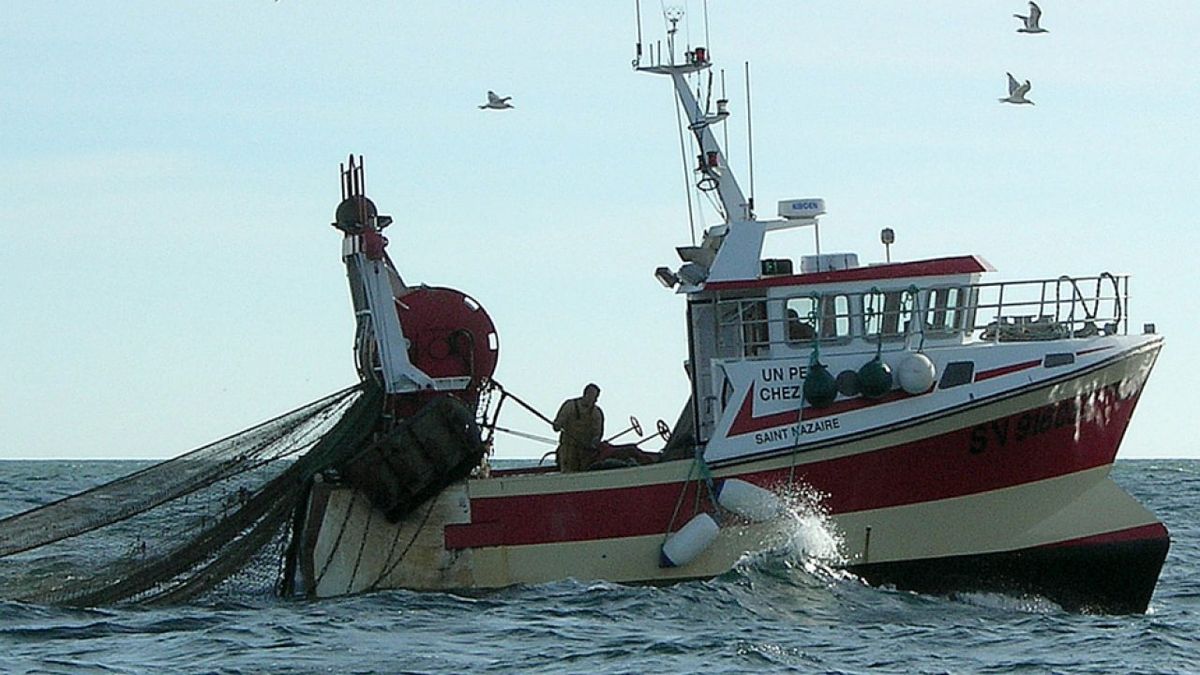“The strike generates losses for the entire agribusiness chain and also affects the country’s credibility as a food supplier, attacks tax revenue and foreign exchange that we need so much, and puts the supply of refined oils for the national market at risk. This must be resolved in the next four days, otherwise the ports will stop operating”, as indicated this Wednesday from the Chamber of the Oil Industry and the Cereal Exporters Center (CIARA-CEC).
In any case, hand in hand with the high international prices of the main agricultural commodities, it is expected that this year the foreign currency income of the sector will be between US$38,000 and US$41,000 million, values that are even above from last year’s record, which was around US$37 billion. That is why, according to CIARA-CEC, it is key to unlock the conflict with the freight transport sector, which requests an update of the rate, because in just a few days a large entry of trucks with the soybean harvest is scheduled. and corn.
Meanwhile, the Central Bank takes advantage of the inflow of fresh dollars from the countryside to have greater power of maneuver, although yesterday, Wednesday, it closed the last round of the week with sales of US$30 million to meet the demand for foreign currency.
The logical thing would be that with the expected record of foreign currency income from the field, the BCRA can maneuver calmly during this year to contain the different exchange rates. The truth is that the panorama does not seem so simple in the medium term because the Argentine economy needs more sectors that pour fresh dollars into the domestic market and that is not happening.
The positive data, according to the projections of the Rosario Stock Exchange, is that between April and October, every month they will contribute at least US$3,000 million dollars to the foreign exchange market. At the same time, the collection for export duties would exceed US$11.3 billion.
In this way, the countryside will once again become the main contributor of genuine foreign exchange in an economy that is showing signs of recovery in the macro but is suffering from structural problems such as inflation that seems to find no ceiling.
Source: Ambito
David William is a talented author who has made a name for himself in the world of writing. He is a professional author who writes on a wide range of topics, from general interest to opinion news. David is currently working as a writer at 24 hours worlds where he brings his unique perspective and in-depth research to his articles, making them both informative and engaging.




